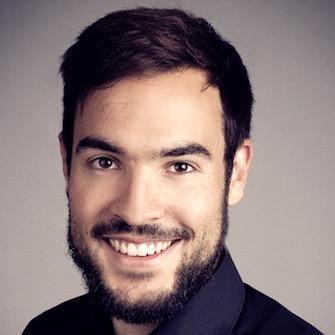
About the Lecture
As Germany reunified on October 3, 1990, the East German army Nationale Volksarmee (NVA) dissolved and surrendered all of its weapons, munitions, and real property to the West German Bundeswehr—but what happened to the socialist soldiers who comprised the NVA?
Philipp Schultheiss will discuss how East German soldiers were portrayed in public during the process of coming to terms with the GDR past, and how the former soldiers responded to these publicly ascribed roles. Drawing on empirical evidence from media analysis and interviews with the East German military community, Schultheiss argues that the process was a surprisingly silent assimilation.
Complimentary lunch will be available while supplies last. The event is free and open to the public.
About the Speaker
Philipp Schultheiss, a visiting researcher at the Institute on a DAAD scholarship, is a doctoral candidate, research fellow, and lecturer in the Center for Conflict Studies at the University of Marburg. Schultheiss completed his undergraduate studies at Istanbul University and the University of Tübingen. At Marburg, he is working on a research team led by Prof. Susanne Buckley-Zistel focused on the transitional justice process in Germany after 1990. He is also a concurrent fellow of the German Federal Foundation for the Study of the Communist Dictatorship in Eastern Germany. Schultheiss's dissertation investigates how former members of the Nationale Volksarmee (NVA) were portrayed in public during the process of coming to terms with the GDR past and how NVA members now perceive themselves in response to these ascribed roles. Part of his project involves extensive interviews with professional soldiers of the NVA in eastern Germany. While visiting Notre Dame, he hopes to analyze his empirical data, bring it into conversation with a range of transitional justice theories, and complete the central chapter of his dissertation. View CV